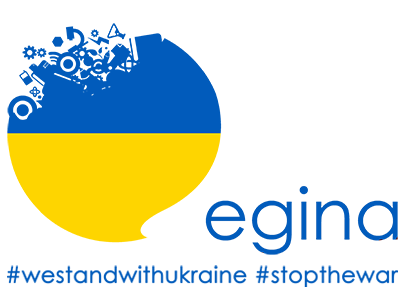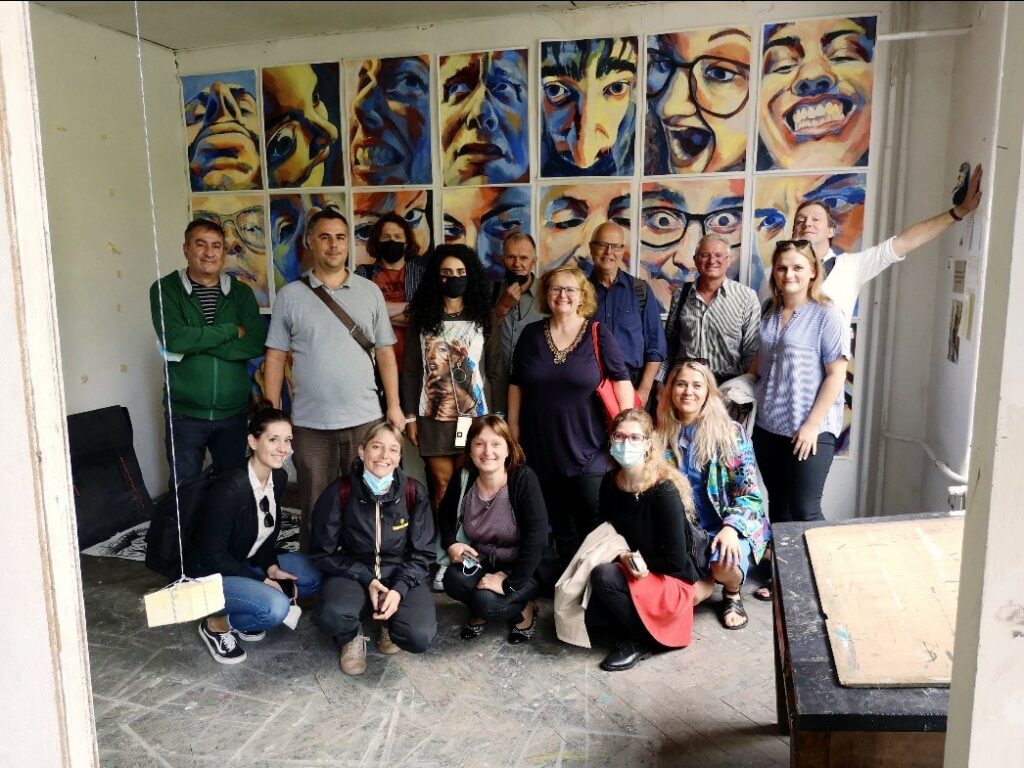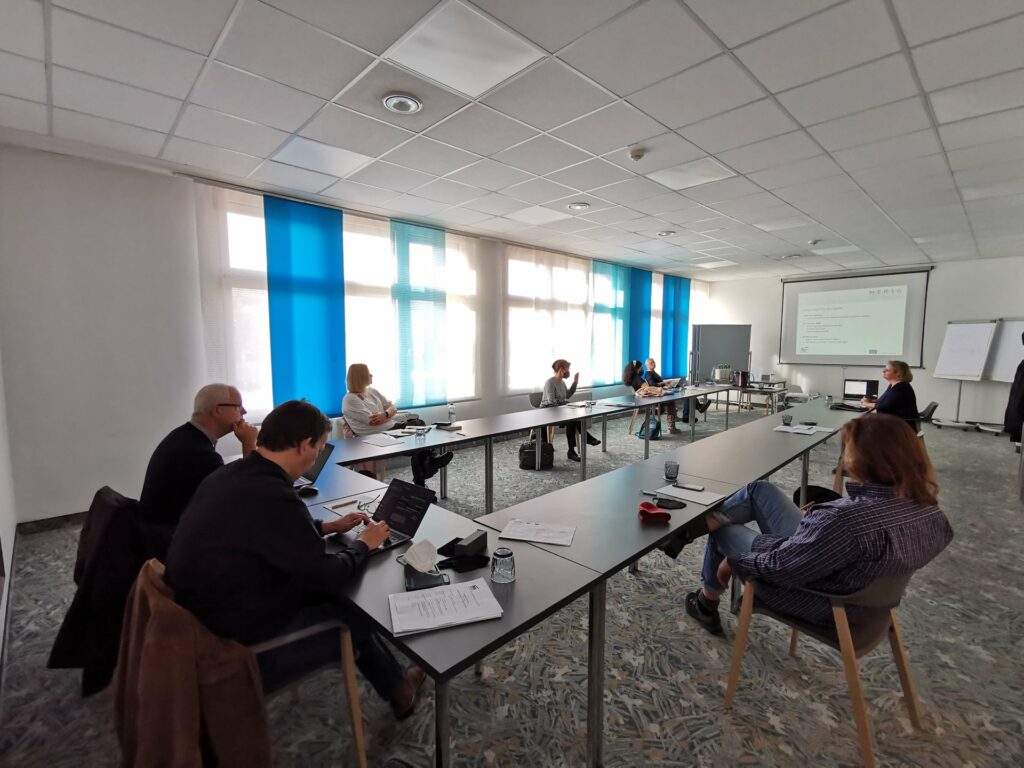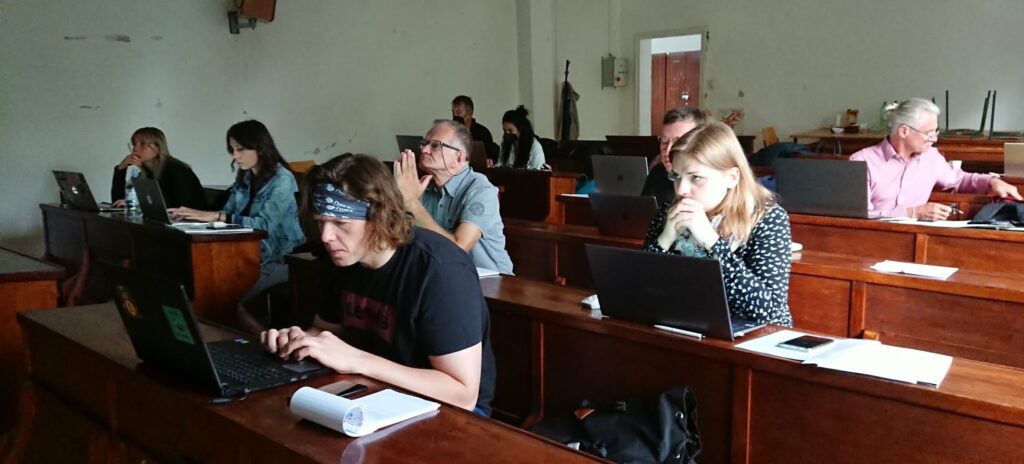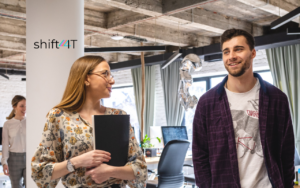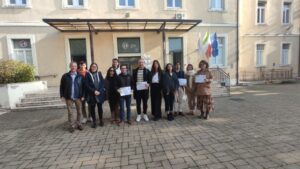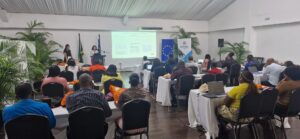“Erasmus“ + Strategic Partnership Adult Education Program project “We Are Together to Raise Awareness of Cultural Heritage” (WAAT) aims to strengthen and expand non-formal adult education by offering a new, intriguing and an important cultural heritage theme and new, more modern tools – a newly developed methodology for non – formal teaching and learning how attractively and inclusively represent in films cultural heriatge.
The target groups of the project are both the institutions that organize or carry out non-formal adult education activities and the learners themselves, as well as institutions related to heritage. Learning about cultural heritage is important for all, both those involved in non-formal education and cultural heritage professionals seeking renewal, seeking more advanced forms and methods of work, and understanding the important role of public involvement and non-formal education in fostering and disseminating heritage.
The project involves institutions from 6 different European countries – specialists from non-formal adult education, historical and cultural heritage, cultural and research institutes. ICARUS HRVATSKA, a non-profit association based in the Croatian capital that researches historical sources and promotes the digitization of archives; EGInA SRL is a private training agency and consultancy in Foligno, Italy, with a team of project managers and long experience in the preparation, submission and implementation of EU projects; Multidisciplinary Institut für Europa-Forschung Graz (MERGIN) is a multidisciplinary research institute based in Graz, Austria; Centro de Educación de Adultos de Olmedo – Adult Education Center in Olmedo, Spain; Quiosq is a non-profit association based in Amsterdam, the Netherlands, whose mission is to educate the public about the importance and promotion of cultural heritage.
The results of the project are two intellectual products. 1. The development of a non-formal teaching and learning methodology (guide) for non-formal adult education professionals to clarify and help understand the 4 aspects of cultural heritage is almost finalized. The guide will also present detailed instruction for the creation of representative films for heritage, teach the practical subtleties of heritage dissemination and present in detail the digital platform – its idea and structure, technical parameters. 2. The useful and attractive, easily accessible and easy-to-use WAAT digital platform (www.waatproject.eu) will be published and will bring together a wide range of cultural communities engaged in the heritage and non-formal education.
The project has been joined (during the local activities) by a wide range of institutions and organizations whose field of activity or field of interest is Non-formal adult education and / or cultural heritage. In addition to their direct activities, all institutions involved in the project are also interested in non-formal education. Such as the Language Teacher Education and Training Center, EPALE representatives, university lecturers (Spain), tourism information center, cultural center, district municipality, non-governmental cultural organizations (Lithuania), local museums, folk song studio, business consultants and researchers (Austria, Italy, Netherlands) ) and individual adult learners in all countries. In total – over one and a half hundred people. Already at the first local stakeholder meetings, the relevance of the project theme and idea became clear during the presentation of the project. The Italians, for example, emphasized the project’s aim of educating the public and passing on the importance of cultural heritage to future generations. According to them, it is very important to guide and motivate a particularly important link in this process – educators, educators – to teach, first of all, their own understanding of cultural heritage and to offer their teaching process new knowledge and innovative forms. Italians welcomed the opportunity provided by the project to combine the efforts, knowledge and experience of non-formal adult education, heritage professionals and research institutions to develop an awareness of the importance of non-formal education, developing new dissemination and teaching systems and forms (eg heritage production practices and methodology). The Dutch emphasized that the project would expand the areas and boundaries of heritage perception, with a wide network of non-formal education joining the project. The very significant specific contribution of local actors to the project was highlighted. For example, the EPALE ambassador in Spain offered to help spread the project by sharing a link and providing virtual space for project documents.
The project also highlighted problem areas in adult education. The importance and power of non-formal adult education is still not fully understood. Institutions, in this case, cultural heritage, are often reluctant to seek union and co-operation with the public, avoiding “additional workload”. Professionals in the non-formal adult education sector often lack ingenuity and knowledge, involving professionals from other fields in the teaching process, without daring to take on more diverse, complex topics. Teamwork is another problem that has emerged. The inability to work together and communicate often destroys even the most beautiful ideas and hinders the most important work.
The new non-formal teaching and learning methodology developed during the project (guide) will be a great help for both professionals and learners themselves. Because it was /is developed together by the entire international project community: by discussing and sharing experiences, by negotiating. In addition, strong professionals in their fields were involved in the project (and product development). For example: Annebel Huijboom, a lecturer at the University of the Arts Amsterdam, a documentary filmmaker, Bianca Bissiach from Italy, an experienced specialist in digital storytelling, video creation / editing, and others.
The same approach to non-formal adult education and cultural heritage has changed. Meetings and discussions between the partners and the project participants, remote broadcasts, which were open to everyone who was interested in, formed a different – freer and wider – way of thinking. Not only has the boundaries of heritage, but also the boundaries of the concept of non-formal education expanded – become clearer, more comprehensible and closer – to phenomena with which we have become more and more involved than we have seen so far. The project provided an opportunity to specifically touch and test the creative process of learning and teaching – taught to discuss, raise issues, analyze, practically test the subtleties of filmmaking.
The digital platform created will help to reach the “wider waters” with greater force and voice – allowing local communities in Europe to promote their activities and present their cultural values. The project was and is especially important for small town and village communities. They had and have the opportunity to participate in a project of this scale, to communicate and work together with high-level professionals, project partners abroad. Acquired new knowledge and extremely useful practical skills will not only help them to work more successfully in their field, but will also strengthen their confidence and belief in the importance of their business/work.
More about the Project: www.waatproject.eu
Erasmus + Strategic Partnership Project “We are all together to raise awareness” (WAAT), No. 2020-LT01-KA204-077823.
Information provided by Gintarė Gurevičiūtė-Gailė, Project Coordinator, Plungė Public Library Cultural Activity Manager.
